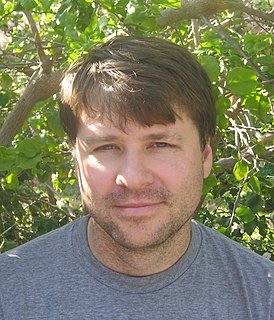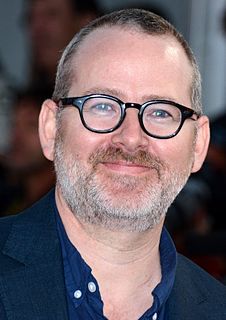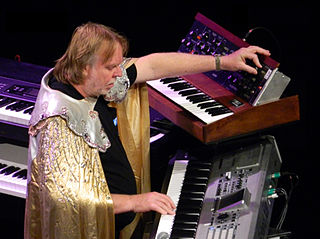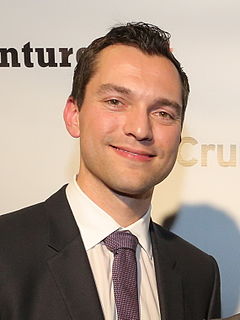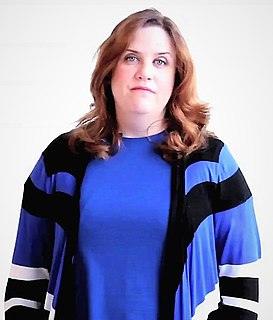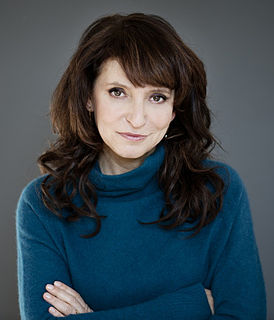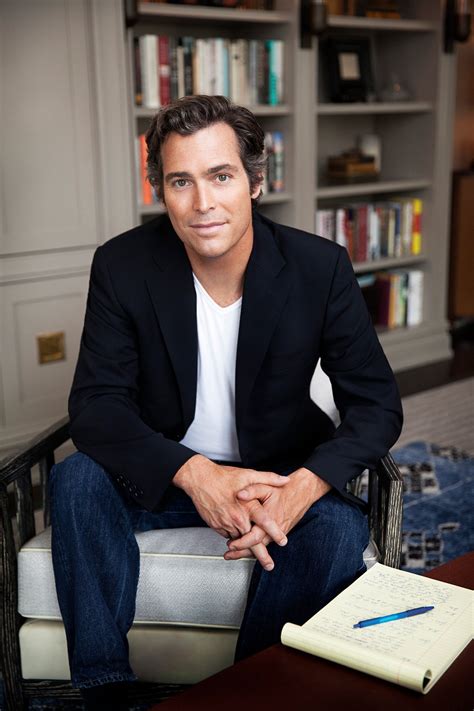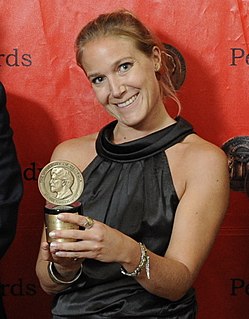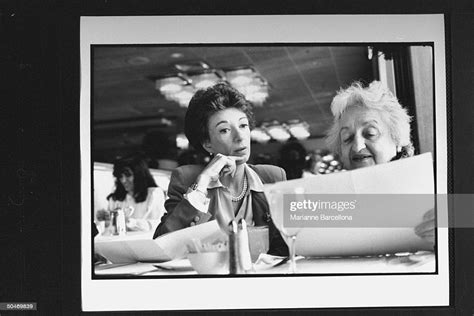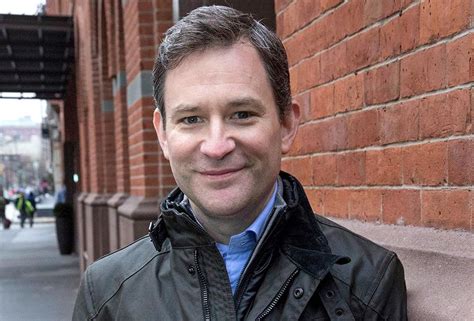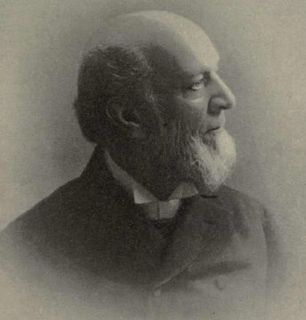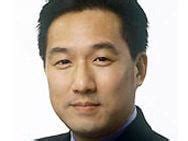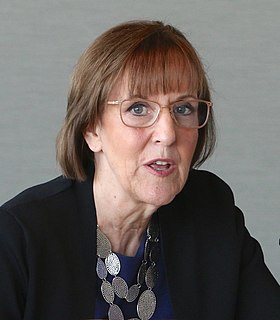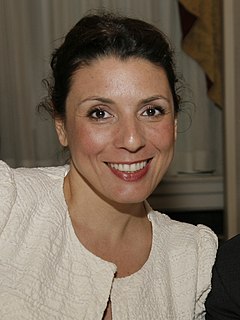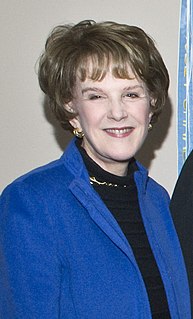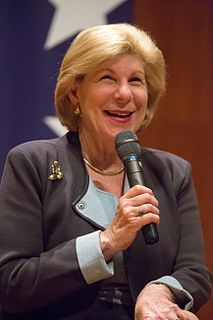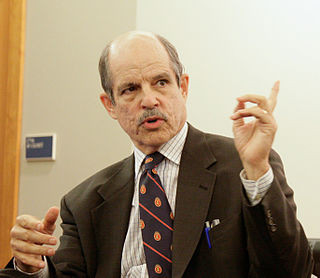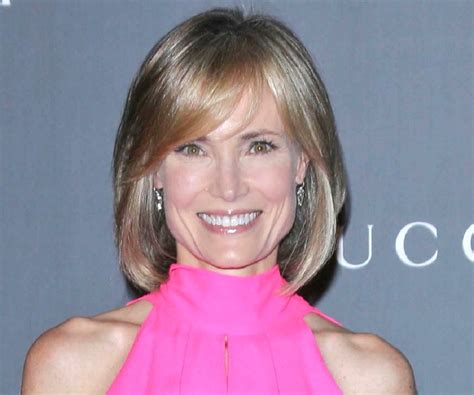A Quote by Ryan Grim
These are party-sanctioned debates. This is a presidential election, you show up at the debates. These are the rules. We have a series of unwritten rules of how campaigns are run, and everybody has followed those rules consistently over the decades. And no one has really even seriously thought about breaking them.
Related Quotes
There are comedic rules and formulae and, while these tenets should be respected, especially by a newcomer, perversely you can still succeed by openly contradicting them. Because comedy is about breaking the rules. Even its own rules. Though, as with many disciplines, it is wise to master the basics before you attempt to subvert them.
I always say that you could publish trading rules in the newspaper and no one would follow them. The key is consistency and discipline. Almost anybody can make up a list of rules that are 80 percent as good as what we taught people. What they couldn’t do is give them the confidence to stick to those rules even when things are going bad.
I have a slight controversy with the Dogme brethren because I've been saying that rules are to be interpreted; not that I haven't followed the rules, because I don't see the point of submitting yourself to a set of rules if you don't follow them. But having said that, it is always a lot of interpretation.
The main influence on voters should be a series of robust debates among the candidates. It's a free country, so this is a tough problem to solve, but I'd love to see an election season with zero political ads, and all voters had to decide based on watching four national debates over the two months leading to election day.
